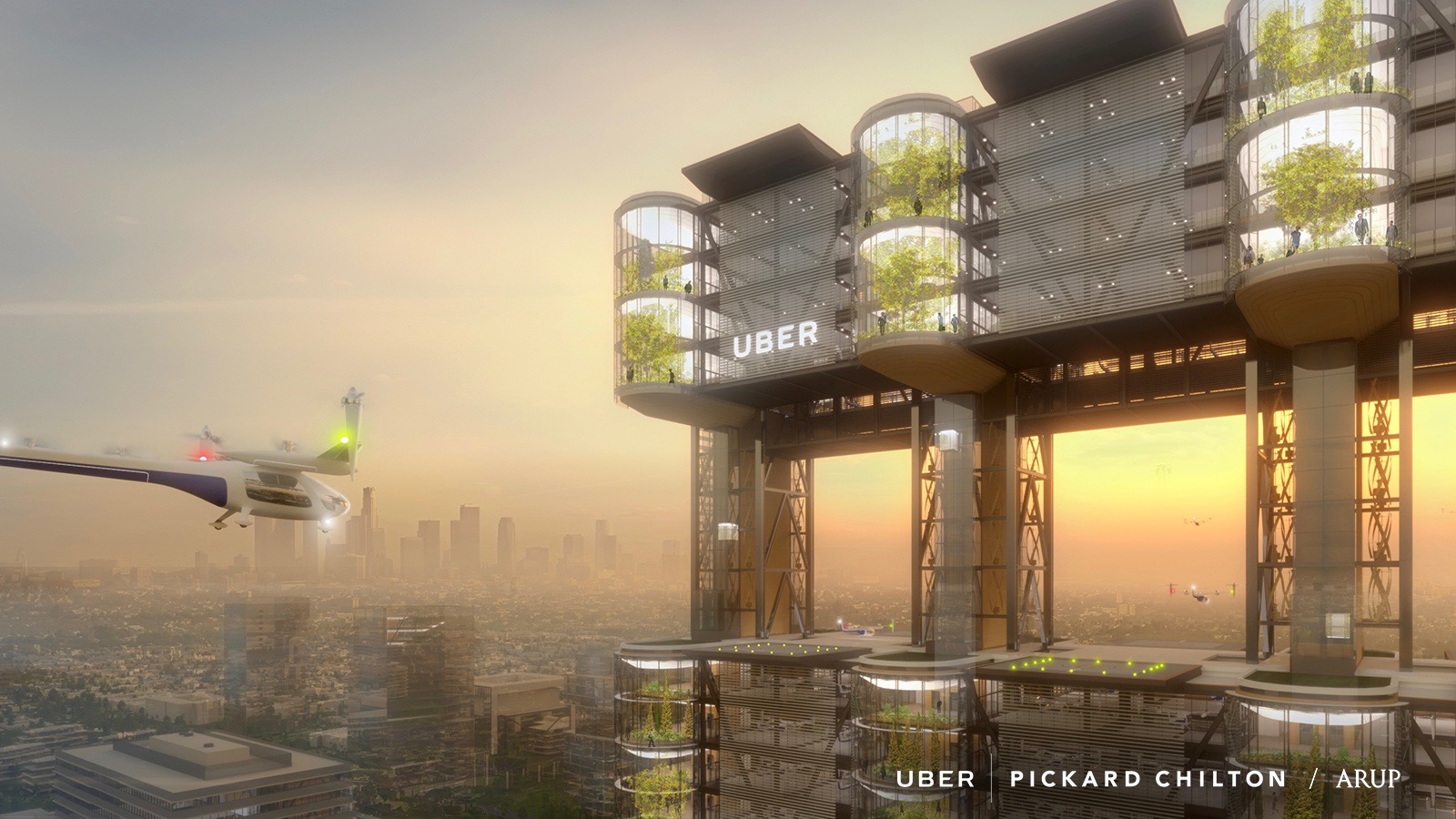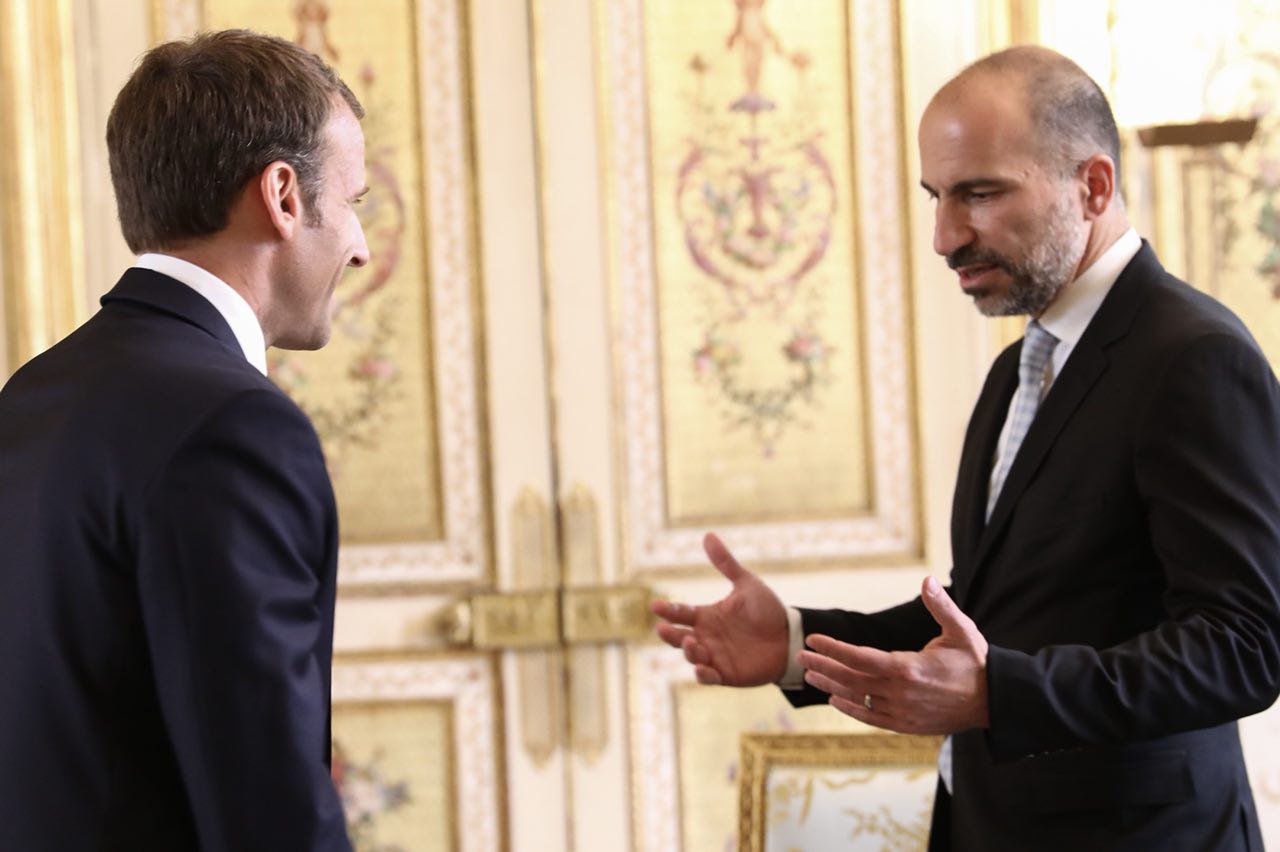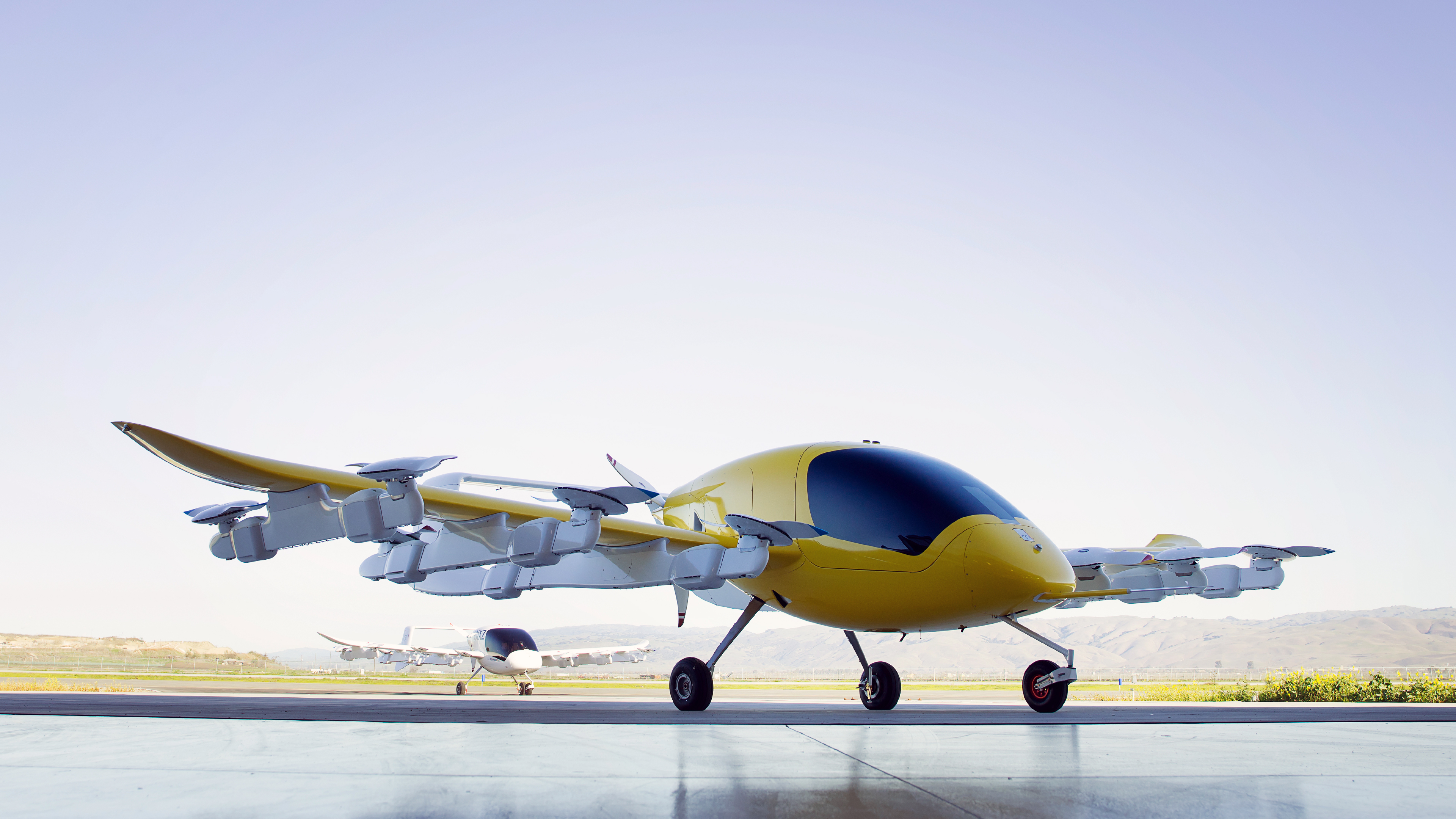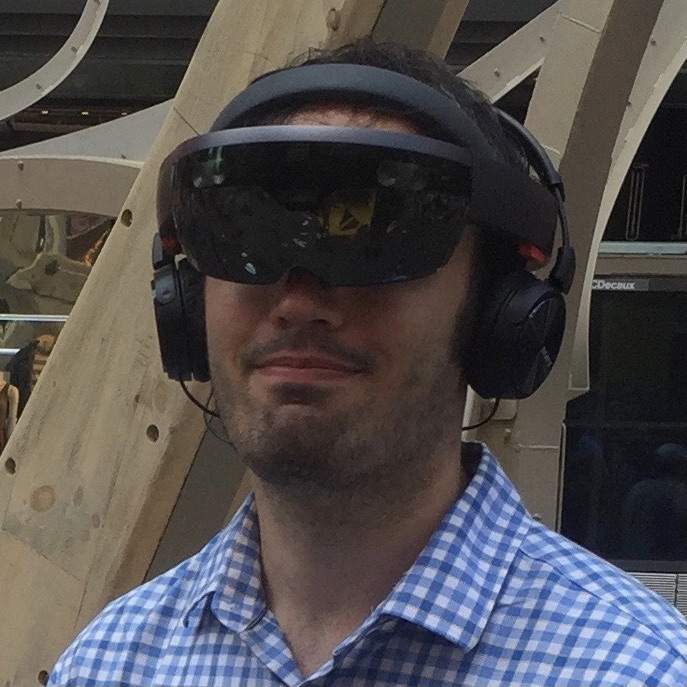Uber is building a flying taxi lab in Paris
Aiming for a 2020 launch

Uber is still dealing with the fallout from the fatal self-driving car crash that happened in Arizona two months ago, but the ride-hailing service is forging ahead with its next big project.
Uber announced today that it would invest €20 million (about $23m / £18m, AU$31m) to build an Advanced Technology Center in Paris (ATCP), where the company will launch Uber Elevate—a flying taxi service that it hopes to launch by 2020 in Dallas and Los Angeles, plus a third undetermined city outside the US.
“With world class engineers & its leading role in global aviation, France is the perfect place to advance Uber Elevate & new technology initiatives,” Uber CEO Dara Khosrowshahi tweeted earlier today.
When ATCP opens this fall, it won’t focus solely on building flying taxis; Uber has already shown off three fully functional prototypes of its vertical-takeoff-and-landing (VTOL) helicopters.
Beyond manufacturing, Uber will hire experts focused on artificial intelligence and machine learning, air traffic control, rooftop charging stations, and even city planning.

In its press release, Uber says its first projects will include “machine learning-based transport demand modeling, high-density low-altitude air traffic management simulations, integration of innovative airspace transport solutions with European aviation regulators such as EASA, and the development of smart grids to support future fleets of electric transport on the ground and in the air.”
Uber will work with French company École polytechnique to move these projects forward.
Get daily insight, inspiration and deals in your inbox
Sign up for breaking news, reviews, opinion, top tech deals, and more.
Not (completely) self-flying
Uber is racing against some stiff competition to be the first to make flying cars a reality.
Drone maker Ehang recently showed off its all-electric, autonomous Ehang 184 in China (see the video above).
In New Zealand, former Google executives have launched Kitty Hawk, a self-flying taxi company that hopes to launch in three years.
Airbus and Toyota, among many other tech companies, have invested in the technology as well.

While many of these companies want to rely on AI alone to fly their taxis, Uber surprisingly has other plans.
Uber’s white paper discusses how its AI will be used for “pilot augmentation”, assisting with the “vehicle’s trajectory in relation to the desired path and also adjust[ing] many vehicle state parameters to force the trajectory to conform to the desired route”, so that the pilot won’t have to.
With this system in place, Uber is hoping that its pilots won’t require the usual 500 to 1,200 hours of training to operate its taxis, because they’ll only be called upon to fly during emergencies.
Michael Hicks began his freelance writing career with TechRadar in 2016, covering emerging tech like VR and self-driving cars. Nowadays, he works as a staff editor for Android Central, but still writes occasional TR reviews, how-tos and explainers on phones, tablets, smart home devices, and other tech.
